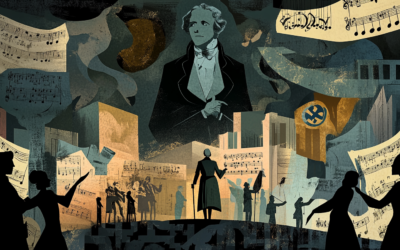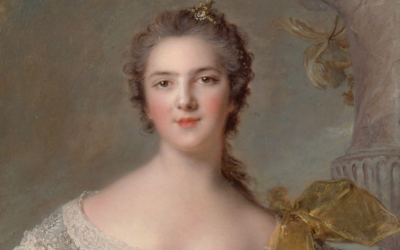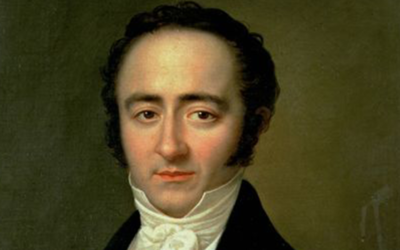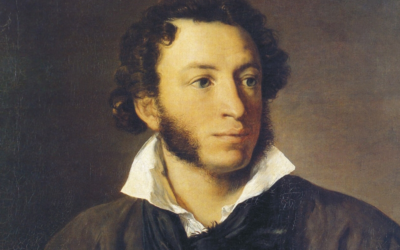Unmasking the Myth
The Cibavit eos and Mozart's Deceptive Legacy
In the realm of classical music, Wolfgang Amadeus Mozart is often portrayed as an unparalleled genius. However, a closer examination of his early works reveals a very different narrative, one in which mastery may be more illusion than reality. A striking example is the motet Cibavit eos in adipe (K. 44), which has been erroneously and romantically attributed to Mozart in various biographies.
Mozart: The Fall of the Gods
This book offers a fresh and critical look at the life of Wolfgang Amadeus Mozart, challenging the myths that have surrounded him for centuries. We strip away the romanticised image of the “natural genius” and delve into the contradictions within Mozart’s extensive biographies. Backed by nearly 2,000 meticulously sourced citations, this work invites readers to explore a deeper, more complex understanding of Mozart. Perfect for those who wish to question the traditional narrative, this biography is a must-read for serious music lovers and historians.
"They have painted a misleading portrait of a composer, as if he were profoundly skilled in counterpoint and polyphony at just fourteen years old, which is absolutely untrue."
Mozart: The Fall of the Gods
At the tender age of fourteen, Mozart faced a composition exam at the prestigious Accademia Filarmonica in Bologna—a moment that should have marked a significant turning point in his career. The exam, however, was a disaster, but he was passed nonetheless, as if the whole charade was designed to bolster a burgeoning myth.
Musicologist Hermann Abert suggested that Mozart had prepared for this farcical examination under the guidance of Giovanni Battista Martini. The reality, however, appears far less impressive. Abert claimed that Mozart had composed Cibavit eos, a supposed masterpiece that demonstrated his ability to compose in the ancient style.
The Illusion of Originality
Abert and other scholars, blinded by their own biases, asserted that Mozart approached the exam with serious preparation, producing the Cibavit, which, according to these scholars, showcased his emerging talent, impressing none other than Father Martini himself. However, a more rigorous investigation reveals that Cibavit was not an original work but a mere copy, beautifully transcribed. It unmistakably echoes the style of late Renaissance composers, a fact that becomes glaringly obvious even to the casual listener.
A Shattered Illusion
Recent discoveries have unveiled that K. 44 is a copy of an earlier work by Johann Stadlmayr rather than an original composition by Mozart. This revelation serves as a powerful testament to the precarious nature of the alleged genius of Mozart. The admiration he has received is built on a foundation of misconceptions and inaccuracies, such as the case of Cibavit, perpetuated by an uncritical acceptance of earlier biographical accounts.
The Mozart establishment and its so-called experts have confused early Renaissance music with Mozart’s compositions, revealing their ignorance of both. They have painted a misleading portrait of a composer who, at the age of fourteen, supposedly mastered counterpoint and polyphony. In reality, this is far from the truth.
Conclusion
The narrative surrounding Cibavit eos challenges us to rethink the stories we have been told and to question the foundations of the mythic genius that surrounds Mozart. This motet does not demonstrate the brilliance of Wolfgang Amadeus Mozart; instead, it exposes the superficiality of Mozart studies, highlighting how easily myths can be constructed and perpetuated in the world of classical music.
You May Also Like
The Kolb Concerto: A Mozartian Mirage?
The Kolb Concerto’s dubious origin and poor musical quality expose yet another myth in the Mozartian canon. If this is the work of a genius, then perhaps we’ve been fooled for centuries.
The Adélaïde Deception: Mozart’s “Lost” Violin Concerto and the Art of Musical Forgery
In the early 20th century, the “discovery” of Mozart’s sixth violin concerto in Paris created a sensation. Dubbed the Adélaïde Concerto and supposedly written for Madame Adélaïde of France, it was hailed as a testament to Mozart’s genius. However, as the story unfolds, it becomes clear that this masterpiece was not the work of the child prodigy but rather a carefully orchestrated hoax by Marius Casadesus. Despite its unmasking as a forgery, the concerto continues to captivate audiences, raising questions about authenticity and the music industry’s willingness to deceive for profit.
Mozart and the Nationalist Illusion: The 1931 Festival and Its Legacy
The Salzburg Festival, far from being a mere celebration of Mozart’s genius, was born out of nationalist ambitions during a turbulent period in Austro-German history. Conceived by figures like Max Reinhardt, Heinrich Damisch, and Friedrich Gehmacher, the festival was deeply rooted in ultranationalistic ideals, transforming Mozart’s legacy into a tool for cultural dominance. The truth behind its founding has long been obscured, but the primary sources tell a different, darker story.
K.6 and K.7 Sonatas: A Fabricated Genius?
The earliest sonatas of Wolfgang Amadeus Mozart, K.6 and K.7, are traditionally seen as proof of his precocious genius. But as we explore the murky origins of these works, we find that they may be more a product of Leopold Mozart’s ambition than Wolfgang’s musical talent. The truth, as always, lies somewhere between the notes.
Georg Nissen and the Missing Notebooks – Part II
This second part delves deeper into Georg Nissen’s scheme to expose the truth about Mozart’s death, and the roles of Constanze Mozart and her sons in keeping it buried. As new details emerge, the mystery surrounding the famous composer’s final days grows even darker, with powerful forces potentially at play.
Mozart and Salieri
Pushkin does not see Salieri as a mere mediocre. In fact, Salieri embodies the struggle of the artist, much like Michelangelo, who reaches greatness through relentless effort. Pushkin himself identifies with both Mozart and Salieri, but he emphasises that true art demands work, discipline, and sacrifice. In poisoning the Mozartian element within himself, Salieri performs a service to art, freeing it from the frivolity of effortless genius. ‘Can genius and malice coexist?’ Pushkin’s answer is complex, but in the end, Salieri’s act seems to affirm that true creation lies in the hands of those who strive.







